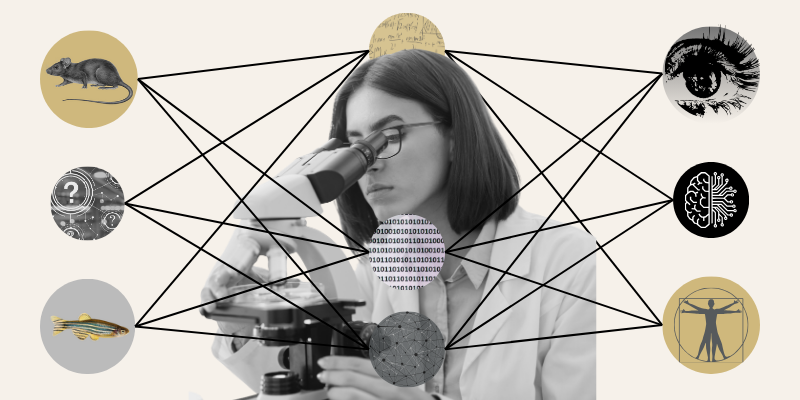Approximately 1,300 new cases of melanoma are detected in Colorado alone each year, and while immunotherapies have revolutionized treatment for skin cancer, nearly half of patients do not respond to them.
Why?
It’s so far unclear, but researchers in the Department of Biomedical Informatics at the University of Colorado School of Medicine suspect that it may involve natural killer (NK) cells, which uniquely function to kill cancer and virally infected cells, but can also, ironically, promote cancer growth.
“NK cells are increasingly becoming recognized as the next level of cellular-driven therapy for cancers,” explains Paul Norman, PhD, professor of biomedical informatics and CU Cancer Center member, who is leading a pilot study focused on NK cells and their relation to immunotherapy responsiveness. “NK cells will probably eventually replace T cell therapies because they have a more focused application within an individual, yet can have broad application across individuals.”
The contradiction of NK cells
With a $50,000 grant from non-profit organization Golfers Against Cancer, Norman and Natalie Longino, MD, PhD, a fourth-year resident in the CU Division of General Internal Medicine’s Physician Scientist Training Program, are using next generation sequencing to determine the genetic profile among melanoma patients who do and do not respond to immune checkpoint inhibitor (ICI) therapies.
“Everybody has NK cells,” Norman says. “Their main goal is to protect and heal diseased cells, but they can come in different ‘flavors.’ While one flavor can fight off cancer, another actually promotes it.”
The duo hypothesize that the “good flavor” that can kill cancer cells are found in patients who respond to immunotherapy, while the “bad flavor” that promotes cancer are in tumors of patients who do not respond to immunotherapy.
Researchers aren’t sure why some NK cells protect against disease and others nurture it.
To study the relationship, the Norman Lab will perform genetic analysis of key NK cell receptors and compare the genetic profiles of melanoma patients who do and do not respond to immunotherapy. In addition, Norman and Langino will evaluate NK cells in the blood and tumors of patients with melanoma and compare the NK cell flavors among responders and non-responders.
NK cells can be rather complicated. Only some in the body may be “moving in the wrong direction,” Norman says, but those few can have a big impact on melanoma and cancerous tumors.
“If we can find out how these cells are acting and promoting cancer growth, then we can start to figure out how to stop them from doing that,” Norman says.
Future melanoma treatment
In the study, Norman and Longino hope to determine what flavors of NK cells are found in melanoma tumors and whether a NK flavor corresponds to response to immunotherapy. This could lead to identifying new therapeutic targets to improve treatment of metastatic melanoma, which can be deadly.
Historically, most researchers have studied the impact of immune therapies on T cells, a type of white blood cell that bolsters the immune system and, like NK cells, fights disease.
“However, there are many other cell types that can be impacted by these treatments and could be the reason why not all patients respond to these therapies,” Norman and Longino say.
The focus on melanoma could have a big impact and even go beyond and help researchers learn more about other types of cancer.
“We’re quite hopeful this work will have an impact on cancer therapy,” Norman says. “While it’s important enough to understand and treat melanoma, this has proven to be a model for other types of cancer as well.”




.png)
